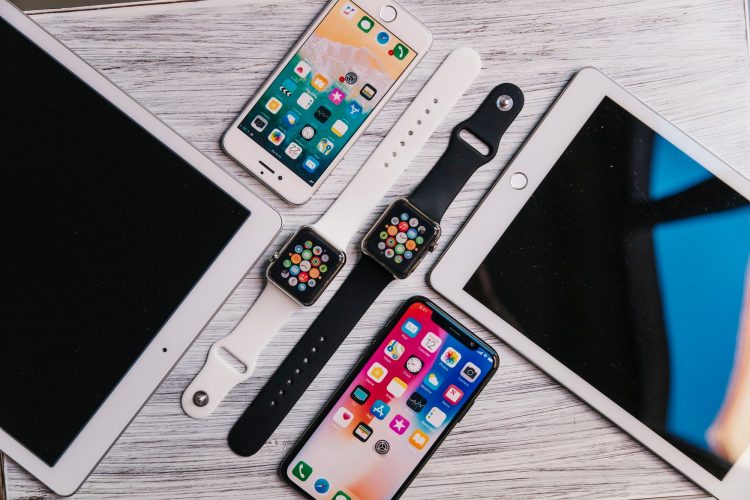Welcome, gadget gurus, tech enthusiasts, and everyone in-between to the age-old debate: iPhone vs. Android. While your phone preference often boils down to personal taste, you could still be curious about the big differences between the smartphone giants and if they could sway you in a different direction.
Evolution of the Titans
Think back to when you bought your first smartphone. It’s a good chance it was an iPhone or Android device. Here’s a little bit more information about the two companies.
Synonymous with luxury and innovation, Apple has consistently pushed boundaries since the launch of the first iPhone in 2007. With its intuitive interface, robust security, and seamless integration with other Apple devices, it’s not surprising that the iPhone has a loyal fanbase.
Apple products are usually considered premium products, and they are built to last. A pair of used and refurbished airpods will still perform better than many brand new cheaper options on the market, a testament to Apple’s build quality. Add to this the brand value and top-notch customer service, and it’s a package that’s hard to resist.
Don’t count Android out just yet! The versatility of Android is truly commendable. Powering devices from a multitude of manufacturers, it offers a range of prices, specifications, and features. The freedom to customize the interface to your heart’s content? It’s a geek’s paradise.
Tech Breakdown: Features & Performance
Now that you’ve had a chance to explore both companies’ approaches to tech innovation, how do they fare in terms of performance and features?
When it comes to performance, iPhones, with their well-optimized hardware-software synergy, often outperform most Androids. Chances are you haven’t ever experienced an app crash on your iPhone. It’s as rare as a blue moon, and that’s Apple’s optimization at work.
On the other hand, Android shines in features and flexibility. Fancy an always-on display, or love the idea of choosing from a plethora of hardware options? Android has you covered. The operating system’s open nature allows manufacturers to innovate and differentiate themselves from each other, which isn’t possible in Apple’s walled garden.
The Apps Ecosystem
Both platforms have mature ecosystems with millions of apps. However, it’s worth mentioning that many developers tend to lean towards iOS for initial releases due to potentially higher revenue and an easier development process. Android isn’t far behind, though, and usually follows closely with app releases.
Conclusion
Ultimately, the battle between iPhone and Android isn’t just about hardware or features. It’s about philosophy. Apple’s approach provides a premium, uniform experience with little room for customization, while Android empowers users to make their devices truly their own. Both have their strengths and weaknesses.
So, which reigns supreme? That is a question only you can answer because, in this never-ending war of gadgets, the true victor is personal preference. After reading this, are you considering an upgrade or sticking with your trusty sidekick? Whatever your choice, remember: the best gadget is the one that makes you happy, satisfies your needs, and, of course, fits your budget.









